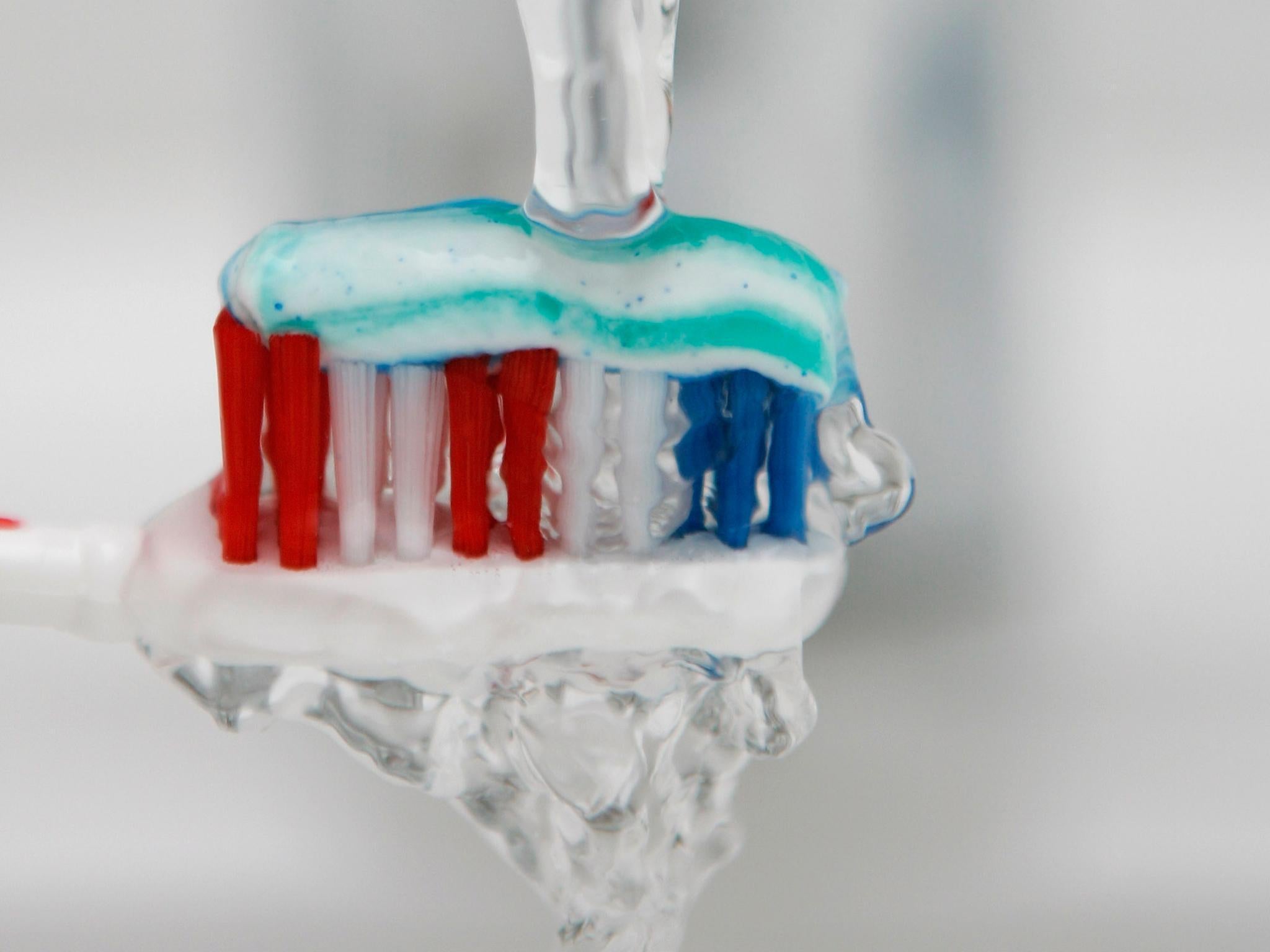UK bans microbead product manufacture over environmental concerns
Landmark step will stop manufacturers from adding the tiny pieces of plastic to rinse-off products such as face scrubs and shower gels

Your support helps us to tell the story
From reproductive rights to climate change to Big Tech, The Independent is on the ground when the story is developing. Whether it's investigating the financials of Elon Musk's pro-Trump PAC or producing our latest documentary, 'The A Word', which shines a light on the American women fighting for reproductive rights, we know how important it is to parse out the facts from the messaging.
At such a critical moment in US history, we need reporters on the ground. Your donation allows us to keep sending journalists to speak to both sides of the story.
The Independent is trusted by Americans across the entire political spectrum. And unlike many other quality news outlets, we choose not to lock Americans out of our reporting and analysis with paywalls. We believe quality journalism should be available to everyone, paid for by those who can afford it.
Your support makes all the difference.The UK has banned the manufacturing of products containing microbeads, in what is being viewed as one of the world’s toughest bans on the harmful pieces of plastic.
The landmark step will stop manufacturers of cosmetics and personal care products from adding the tiny pieces of plastic to rinse-off products such as face scrubs, toothpastes and shower gels.
As microbeads are often washed down the drain, they pollute the ocean and cause serious harm to marine life. This ban will now stop billions of pieces of the plastic ending up in the ocean every year.
It comes as The Independent backed calls from MPs to introduce a “latte levy”: a 25p tax on every disposable coffee cup bought by consumers.
In a recent report from the Commons committee, the Government was accused of “sitting on its hands” as more than 2.5 billion disposable coffee cups were thrown away every year.
Money raised from the tax would be used to improve the UK’s recycling “binfrastructure” and look to change people’s habits.
Mary Creagh, whose committee demanded the charge on all drinks bought in cups, said everyone should pressure firms into doing more.
“The Independent has been a great campaigning organisation. The environment is fast becoming the pressing political issue of our generation,” Ms Creagh said.
She added: “As we increase our understanding of pollution and non-recyclable plastics on our streets and in our seas, its impact on wildlife, then educating the public on how they can play their part is going to be critical.
“So it’s really welcome that The Independent is supporting this.”
The UK has been at the forefront of tackling plastic pollution and the Government’s 5p plastic bag charge is viewed as a success, with more than nine billion bags moved of circulation as a result.
Likewise the ban on microbeads also sees the UK lead the way on the global stage, with the move being described as one of the world’s toughest bans on the plastic. Environment minister Thérèse Coffey said steps would now be taken to also tackle other forms of plastic waste.
“The world’s seas and oceans are some of our most valuable natural assets, and I am determined we act now to tackle the plastic that devastates our precious marine life,” Ms Coffey said.
“Microbeads are entirely unnecessary when there are so many natural alternatives available, and I am delighted that from today cosmetics manufacturers will no longer be able to add this harmful plastic to their rinse-off products.”
She added: “Now we have reached this important milestone, we will explore how we can build on our world-leading ban and tackle other forms of plastic waste.”
Dilyana Mihaylova, marine plastics projects manager at conservation charity Fauna & Flora International, said she hoped the ban signalled a new era in the fight for a cleaner oceans.
“Fauna & Flora International has been working to address the issue of plastic microbead pollution since 2009, and we are delighted that the Government took such a clear stand on this issue and that a robust UK microbeads ban comes into force today.
“We hope this ban signals the dawn of a new era in the fight for cleaner, healthier oceans, with the UK leading the way and supporting other countries to ensure that plastic will no longer reach the environment,” Ms Mihaylova added.
Dr Sue Kinsey, senior pollution officer at the Marine Conservation Society, added that this was the first step and further action was needed to tackle the issue of plastic waste.
"We are delighted that such a robust microbead ban has come into force. This is the strongest and most comprehensive ban to be enacted in the world and will help to stem the flow of micro plastics into our oceans.
“We believe that this signals a real commitment on the part of this Government to clean up our seas and beaches and hope this is a first step on this road before we see further actions to combat plastic waste.”
The announcement comes ahead of the Government’s 25 Year Environment Plan, which for the first time hopes to set out how to leave the environment in a better state than it was inherited, and to create clean, healthy and productive oceans.
A ban on the sale of products containing microbeads will follow later in the year.
Join our commenting forum
Join thought-provoking conversations, follow other Independent readers and see their replies
Comments